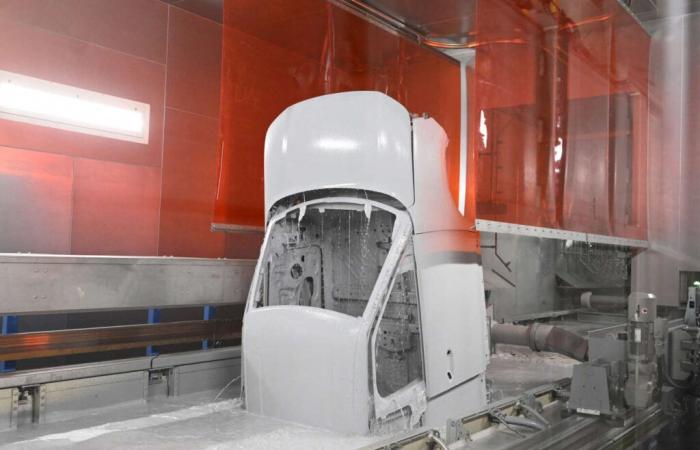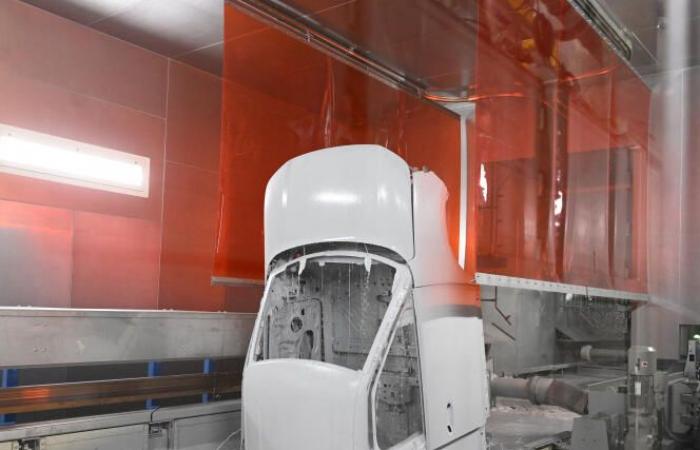The symbol is as strong as it is worrying: industrial production in the four leading European economies is in the red. According to data from the public agency Eurostat revealed on Friday, September 13, Germany, France, Italy and Spain have recorded a year-on-year decline in their production of capital goods and durable consumer goods. Beyond this first square, the trend is affecting the entire Old Continent.
Between July 2023 and July 2024, industrial production fell by 2.2% in the euro area and by 1.7% in the European Union (EU). However, over this period, the largest declines recorded by Eurostat concerned Hungary (–6.4%), Germany (–5.5%), Italy (–3.3%) and France (–2.3%). A few countries, fewer in number, are showing an increase in performance; this is the case for Denmark (+19.8%), Greece (+10.8%) and Finland (+6.4%).
The observed decline reflects the lack of competitiveness of European industry in the face of American and Asian competition, at a time when the former president of the European Central Bank, Mario Draghi, expressed concern, in his report submitted to the European Commission on Monday 9 September, about the ” stall “ of the EU in relation to China and the United States; the Twenty-Seven condemn themselves to a “slow agony” if they don’t react, he said.
Read also the decryption | Article reserved for our subscribers Mario Draghi’s cry of alarm on the European economy, condemned to “a slow agony” if it does not change
Add to your selections
European manufacturers are suffering in particular from sluggish domestic demand, a shortage of skilled labor, but above all from an energy context that has been disrupted since the start of the war in Ukraine in February 2022 and the end of access to cheap Russian gas. “The EU faces average energy prices almost twice as high as in the US and China. This is a major and structural handicap in terms of competitiveness and industrial productivity”explains Raphaël Trotignon, head of the energy-climate division at the Rexecode economic institute.
Across the Rhine, the poor health of the industry is having an impact in the Central European countries – in Romania, the Czech Republic and Bulgaria, countries that are highly dependent on German automobiles. For its part, France is falling behind: per capita growth, foreign trade and public finance deficits, etc. the indicators are poor. The start of reindustrialization that began a few years ago has slowed down significantly in recent months. This is a challenge for Michel Barnier’s new government and the arrival at Bercy of Antoine Armand and the Minister Delegate for Industry Marc Ferracci, who were appointed on Saturday 21 September.
You have 62.59% of this article left to read. The rest is reserved for subscribers.







